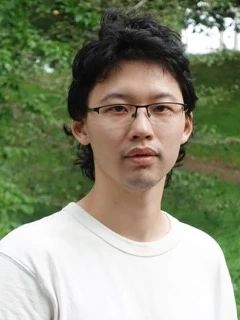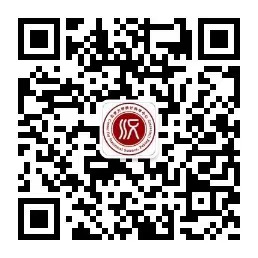报告人: 郭方健(University of Michigan, Ann Arbor)
时间:2025-08-14 14:00-15:00
地点:智华楼王选报告厅-101
Abstract:
Hypotheses arising from real-world problems can be rather complex: (1) the null hypothesis can be large so it is difficult to test directly; (2) the alternative can be large and heterogenous, so it is challenging to devise a test that has power against a variety of alternatives. However, if such a hypothesis can be represented as a conjunction of simpler hypotheses corresponding to different directions, "hunt and test" provides a useful strategy: randomly split the data into A and B; use A to hunt for a direction where the null seems to not hold; and use B to test the simpler hypothesis associated with that direction. Nevertheless, applying "hunt and test" alone can suffer from non-replicability and low power due to the random data splitting. To remedy these problems, we demonstrate that by properly aggregating and calibrating a large number of hunt-and-tests arising from different data splits, we can obtain an ensemble procedure that is reliable, replicable and highly powerful. We demonstrate how to use this framework to construct tests for a variety of problems, including (1) detecting subtypes of cancer, (2) testing goodness-of-fit of regression models and (3) testing direct effect in a two-stage clinical trial.
About the Speaker:
F. Richard Guo is an Assistant Professor of Statistics at the University of Michigan, Ann Arbor. His research focuses on replicable data analysis, causal inference, and statistical inference in non-standard settings. He received his Ph.D. in Statistics from the University of Washington, Seattle. For his postdoctoral training, he was a Richard M. Karp Research Fellow at the Simons Institute for the Theory of Computing at UC Berkeley and a Research Associate at the Statistical Laboratory of the University of Cambridge. He is an elected member of the International Statistical Institute.

Your participation is warmly welcomed!

欢迎扫码关注北大统计科学中心公众号,了解更多讲座信息!

